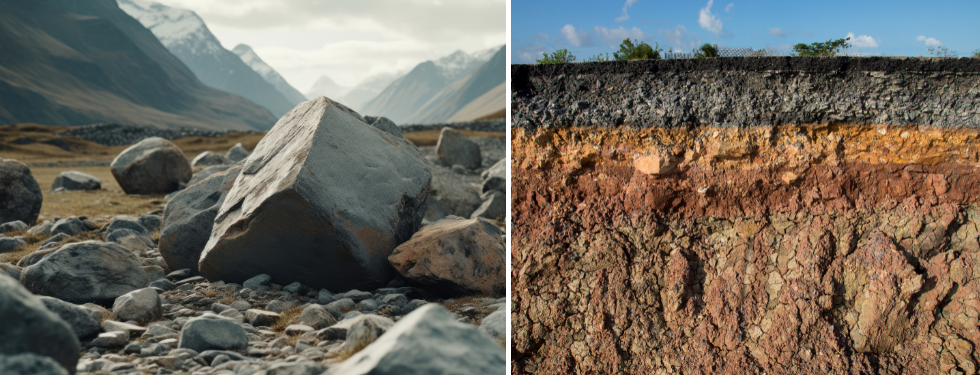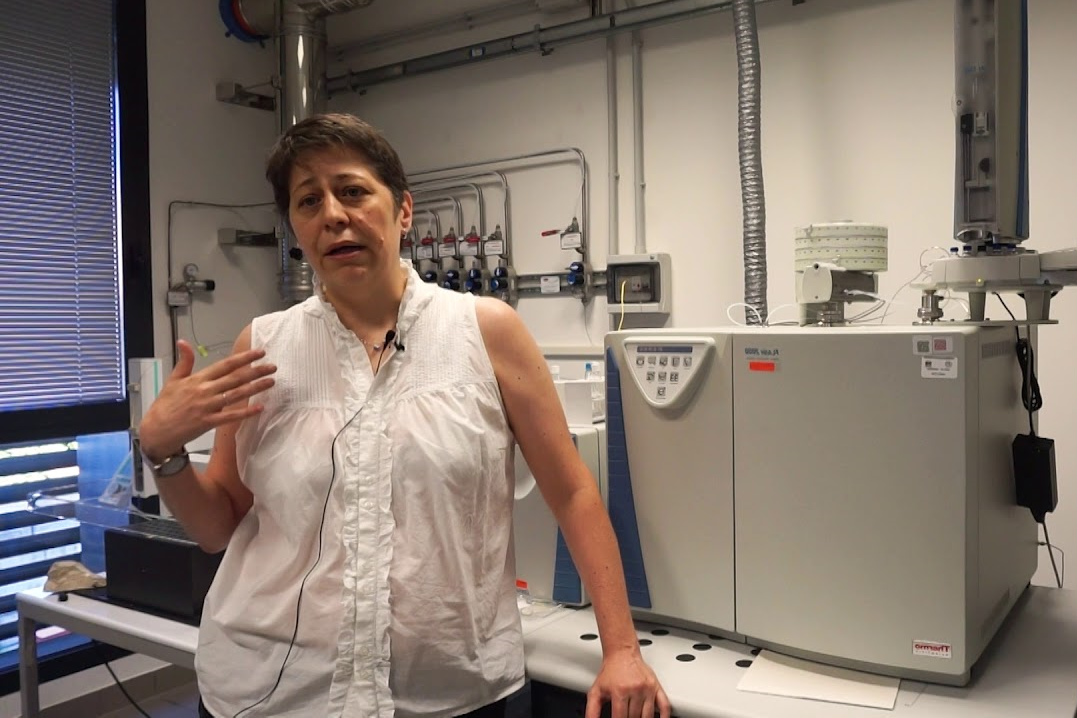Carbon Release in A Warming cLimate: a proxy data model comparison for the analysis of past episodes and future scenarios


Title: Carbon Release in A Warming cLimate: a proxy data model comparison for the analysis of past episodes and future scenarios (CRAWL)
Scientific Person in Charge: Claudia Agnini | Programme: PRIN 2022 - DM 104/22
Total Contribution € 119.699,00 | Project Duration: 24 months

This research is designed as an interdisciplinary effort involving stratigraphers, micropaleontologists, geophysicists, geochemists and climate modelers on the study of the environmental changes leading to the onset of major carbon cycle aberrations that occurred between 56–52 millions of years ago. This time interval, which corresponds to the late Paleocene–early Eocene, records a long-term warming culminating at the Early Eocene Climatic Optimum when the highest temperature of the last 66 millions of years occurred. Superimposed on this trend, a series of transient episodes of global warming and ocean acidification, known as hyperthermals, captures the geologically rapid (10^3-4 yr) release of massive amounts (10^3 Gton) of carbon into the coupled atmosphere-ocean system. Hyperthermals are thought to be caused by natural carbon stocks (e.g. permafrost and/or gas hydrates) crossing a threshold for carbon release, under the combined action of long-term warming and orbital forcing. Studying the behavior of the climate system across hyperthermals provides an opportunity for testing the long-term response of climate following large greenhouse gas (GHGs) emission events. Accordingly, much effort has been devoted to the analysis of hyperthermal events as paleo-analogues of the ongoing warming related to the anthropogenic excess of carbon into the atmosphere. On the other hand, the analysis of the time intervals preceding hyperthermal events offers the opportunity to characterize the environmental changes leading to the release of carbon under enhanced greenhouse conditions. In fact, baseline CO2 concentrations of the early Eocene are similar to worst-case scenarios included in the Shared Socioeconomic Pathways for 2100.
Objectives
On this basis, the overall goal of the proposed research is to provide a quantification of the magnitude of the forcing processes and feedbacks in play for the release of carbon from natural stocks across individual hyperthermal events. To this end, we will obtain geochemical and biotic proxy records from a suite of different sites representative of a wide spectrum of depositional environments and geography as a basis for the integration with an Earth Model of Intermediate Complexity designed to explore the conditions leading to carbon release. Cyclostratigraphic analysis will provide the basis for a robust chronology of the obtained proxy records and for the model-oriented recognition of orbital forcing and its phasing across hyperthermals. Increasing CO2 concentrations throughout the early Eocene provide an opportunity to carry out this exercise for different baseline conditions. We believe that the results of this research will contribute to evaluating the stability of present-day natural carbon reservoirs under increasing global temperature conditions. This aspect, which represents the main scientific and social impact of the proposed research, is crucial for evaluating related uncertainty in projections of future climate change.





